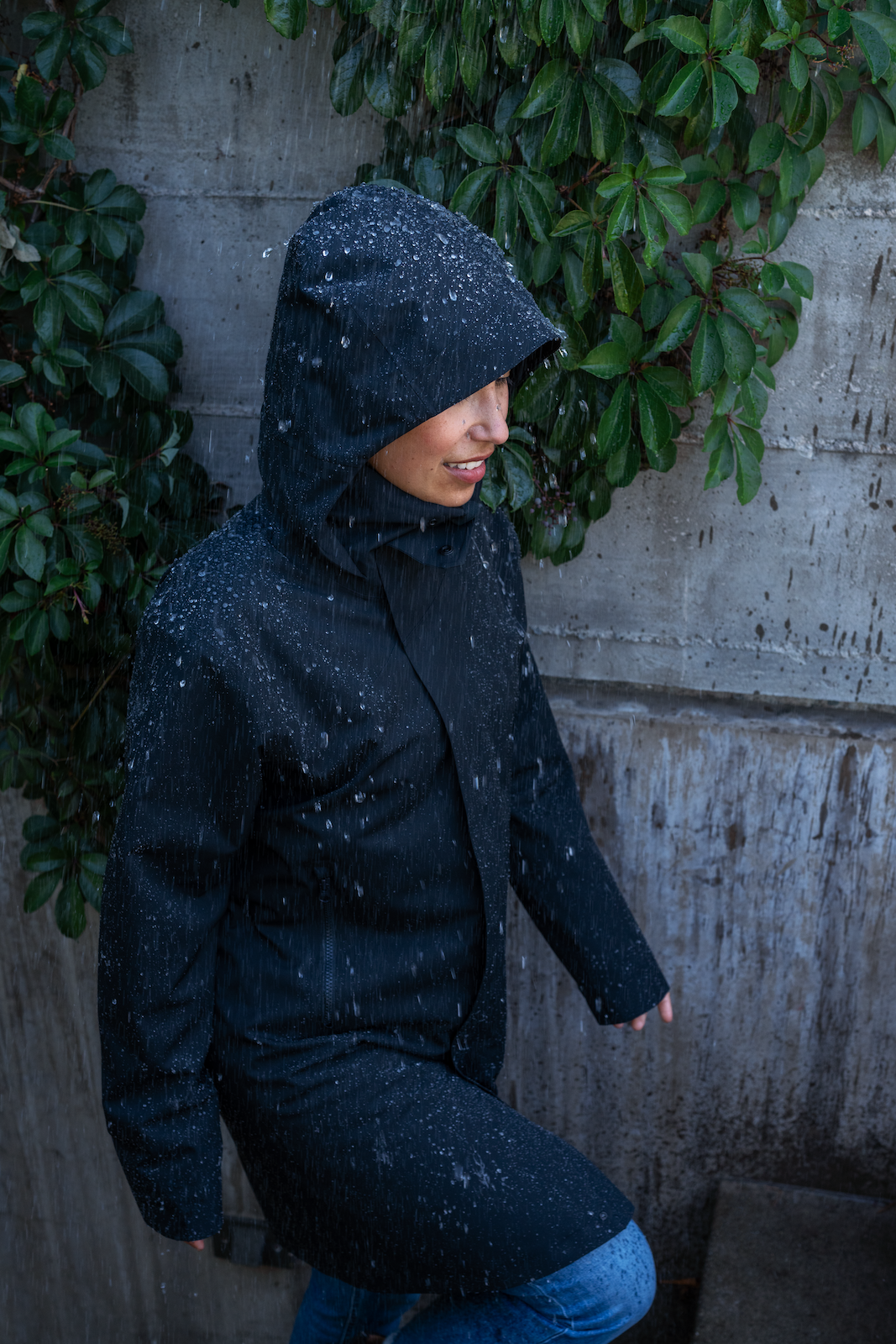The Local newsletter is your free, daily guide to life in Colorado. For locals, by locals. Sign up today!
If you adventure outside, you know maintaining just the right temperature is an ongoing battle, no matter the season. LifeLabs has an answer for that—actually, two.
In October, the California- and Colorado-based apparel company released a line of patented CoolLife and WarmLife products that are intended to keep you either, well, cool or warm. “It’s reinventing textile,” says Dr. Yi Cui, a Stanford University professor and director of the school’s Precourt Institute for Energy. He’s the brains behind this technology, along with chemist Meng Sui, CEO of EEnotech, the incubator company for product development. LifeLabs is the commercial arm; CEO Scott Mellin lives in Aspen. (He previously worked for big-hitters like the North Face, Oakley, and Audi.)
That's only $1 per issue!
So how does it all work? Our bodies lose a significant amount of heat through infrared radiation. CoolLife, which is made primarily from polyethylene, is transparent enough that it allows that heat to escape while not being so thin that your clothes are see-through. It cools instantly and continuously, rather than being sweat-wicking like many other products. WarmLife does the opposite: It traps the heat and radiates it back toward your body. Cui’s team invented a coating material for the fabric (it includes less than a paper clip’s worth of aluminum) that blocks the radiation from escaping while still being breathable and comfortable.

LifeLabs’ WarmLife garments achieve all of this while using approximately 30 percent less material than other industry leaders. “Not only are we using less material to make a product with less bulk but the same warmth, but you have more mobility as well,” says Cindy Lau, LifeLabs’ senior director of materials innovation. “It gives you more comfort and easier movement. Packability. All those good things come with a more efficient system.”
Eco-consciousness is a key theme throughout LifeLabs: WarmLife jackets are made of 97 percent recycled and bio-based content. Solution-dyeing, rather than conventional batch-dyeing, saves water and energy and reduces the use of toxic chemicals. QR codes printed on the back of products will replace tags. And all of the shipping packaging is compostable.
LifeLabs wants what it calls its “new sustainability” efforts to extend beyond the products themselves, though. By wearing a WarmLife or CoolLife item, they believe customers will be able to cut their personal energy use. Reducing the temperature in your home by just one degree Celsius in the winter saves about 10 percent of total energy use, Cui says. It’s not an insignificant goal: According to a 2018 report from the International Energy Agency, “Using air conditioners and electric fans to stay cool accounts for nearly 20 percent of the total electricity used in buildings around the world today.”
“That’s a really strong personal connection with reducing the effects of climate change,” Mellin says.
Though LifeLabs was designed for everyday use, Coloradans will be happy to know the concise product lineup also doubles as activewear (look for an actual performance line in the next year or so, as well as additional colors across the offerings). Mellin swears by CoolLife on his uphill and backcountry adventures, saying the apparel helps him sweat less and thermo-regulate more consistently.
The brand’s debut also included a mini collection of sleepwear: a T-shirt ($49) and pants ($59)—available in light gray or black, for men and women—utilizing the CoolLife technology. The pieces actually feel cool to the touch when you slip them on. Though I didn’t notice a real impact when wearing the garments (admittedly, I am almost always cold already), my husband was pleasantly surprised by the bottoms. He generally finds pajama pants to be constricting and to cause overheating; with LifeLabs’ version, he was able to maintain a comfortable temperature all night long.
This spring, the company will be expanding with new silhouettes (long-sleeve shirts, tanks, shorts) and, eventually, a whole sleep set of sheets and pillowcases.
That, the team says, is just the beginning.
(Read more: A New Colorado Company Tackles Sustainable Kids Gear)







